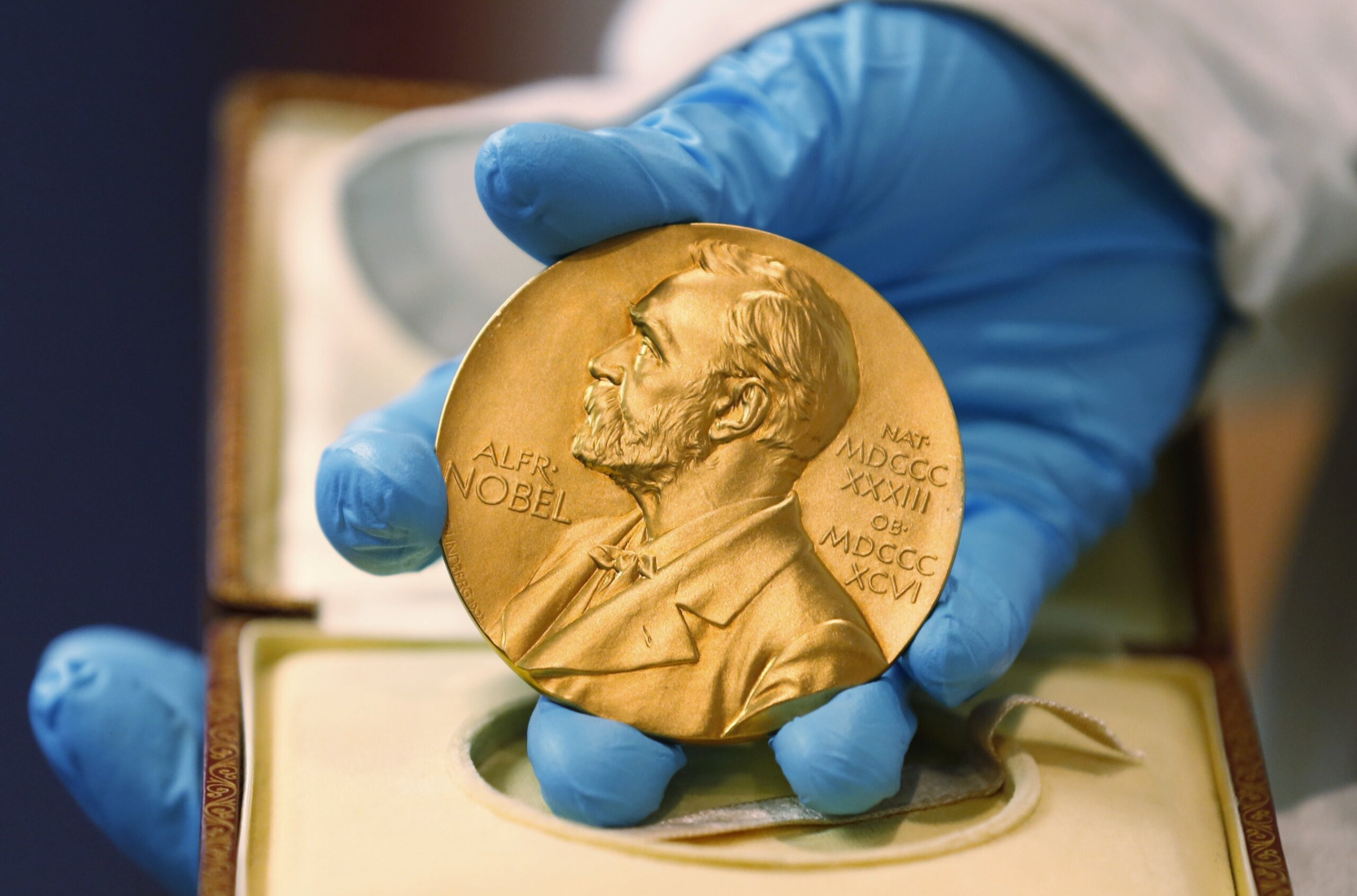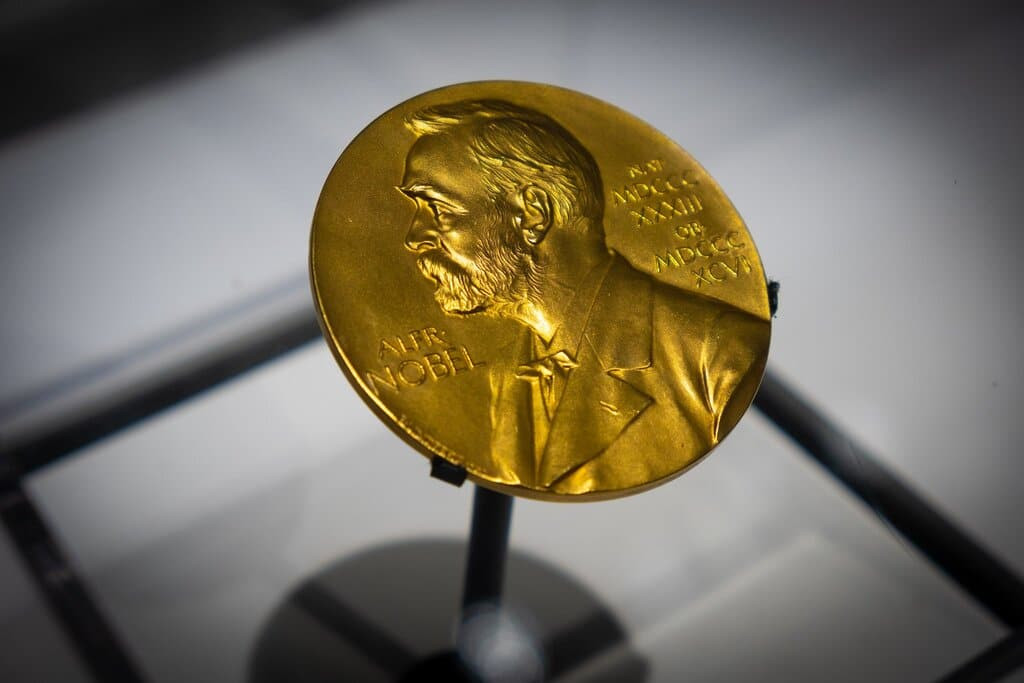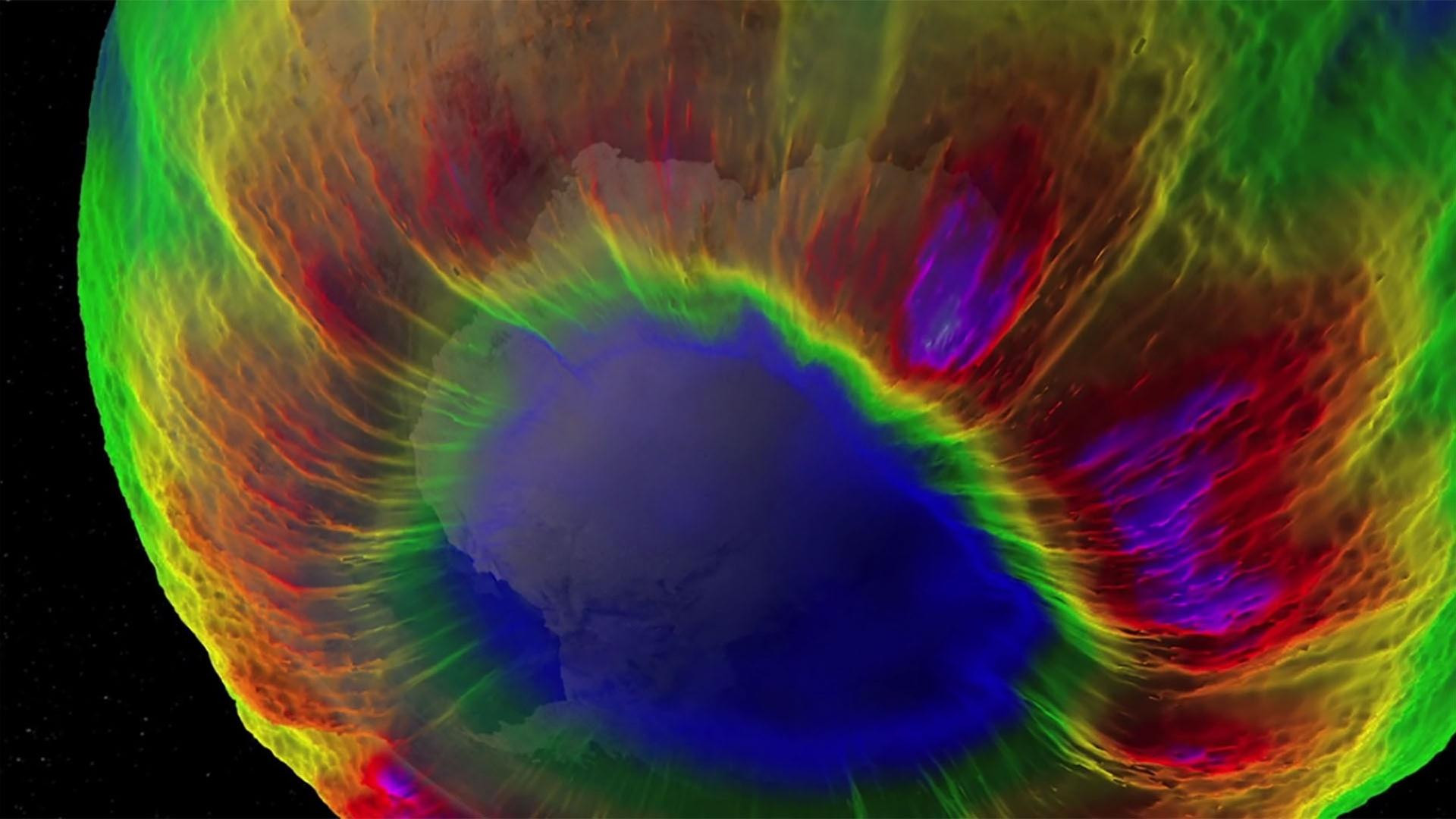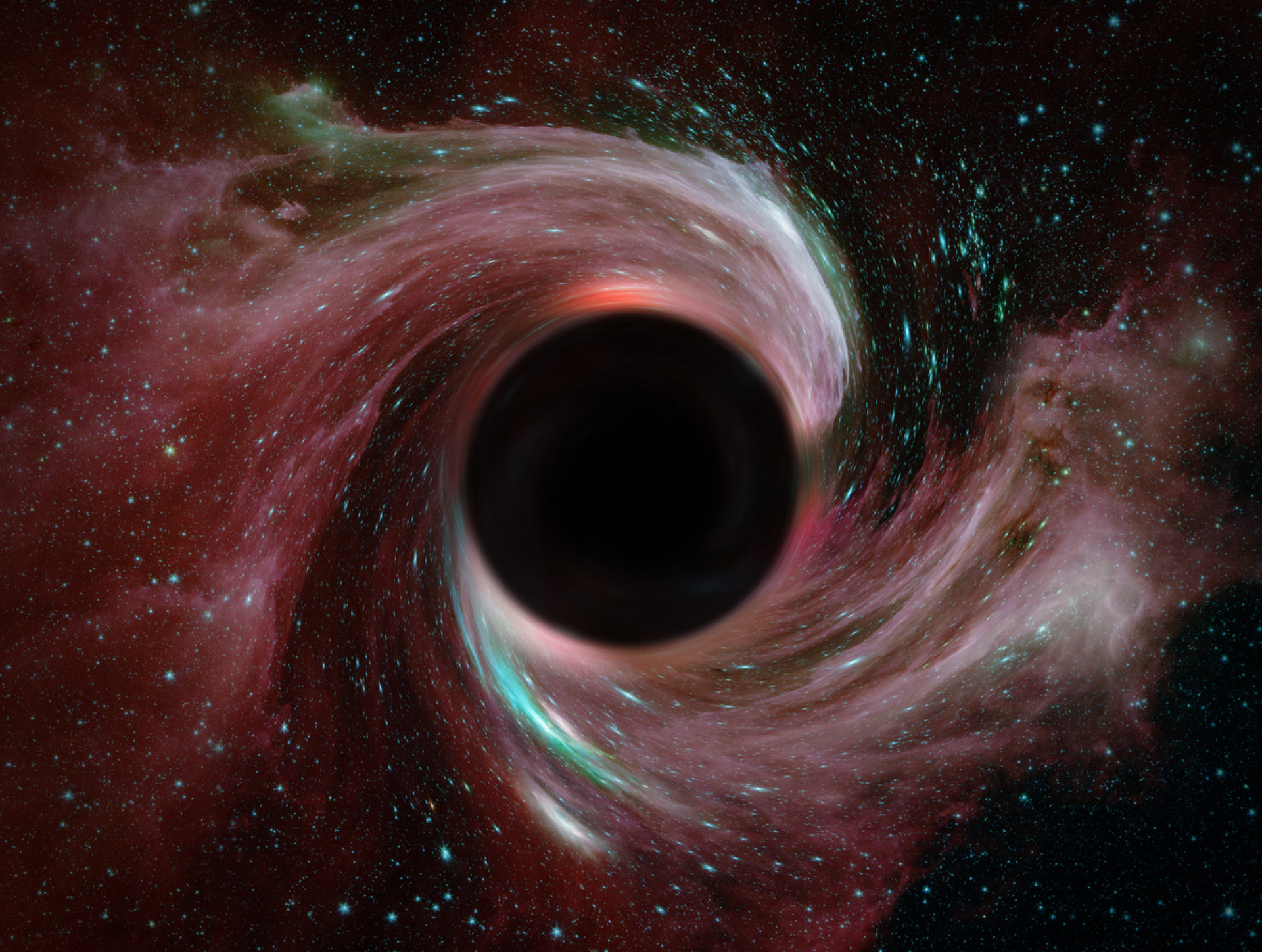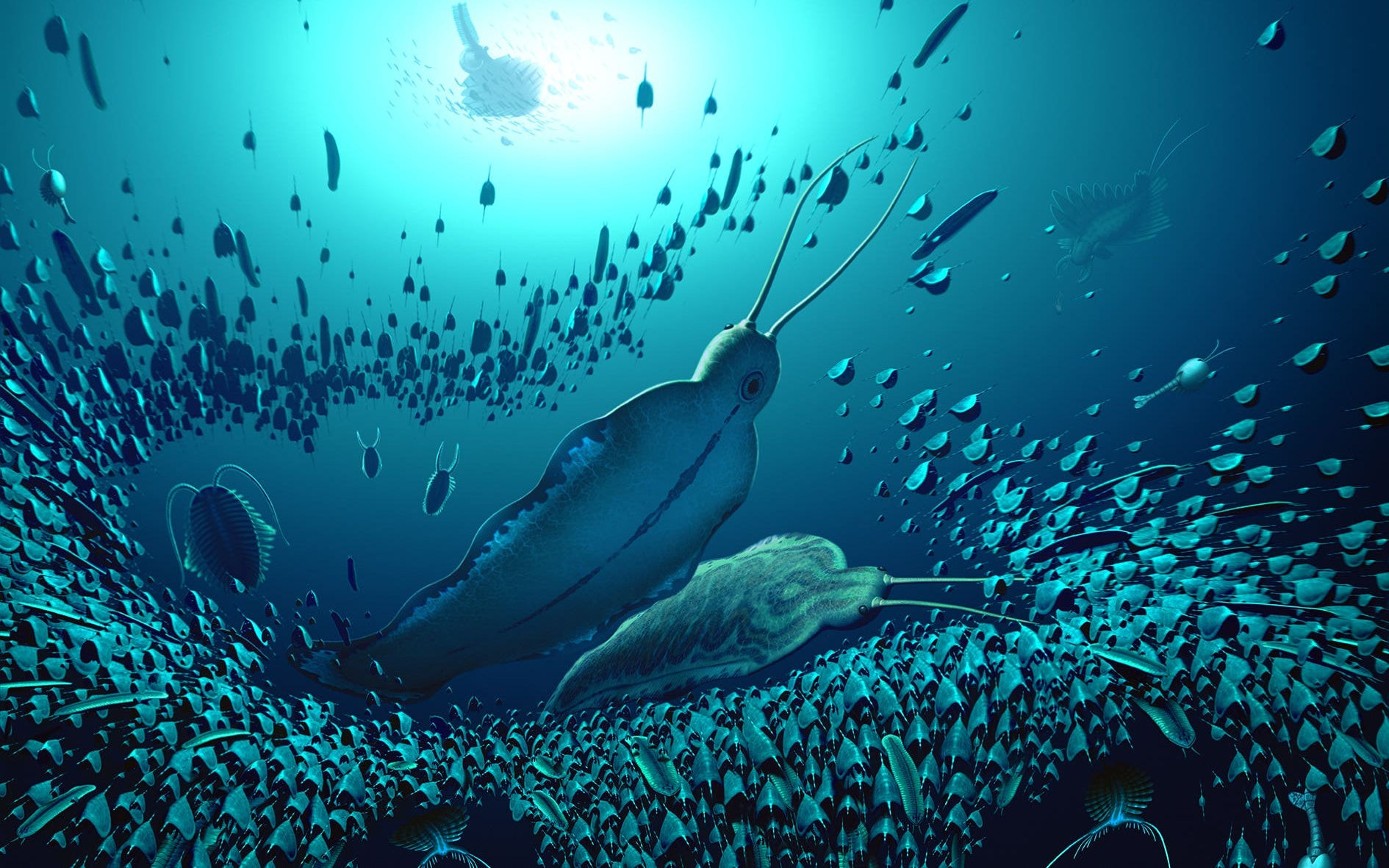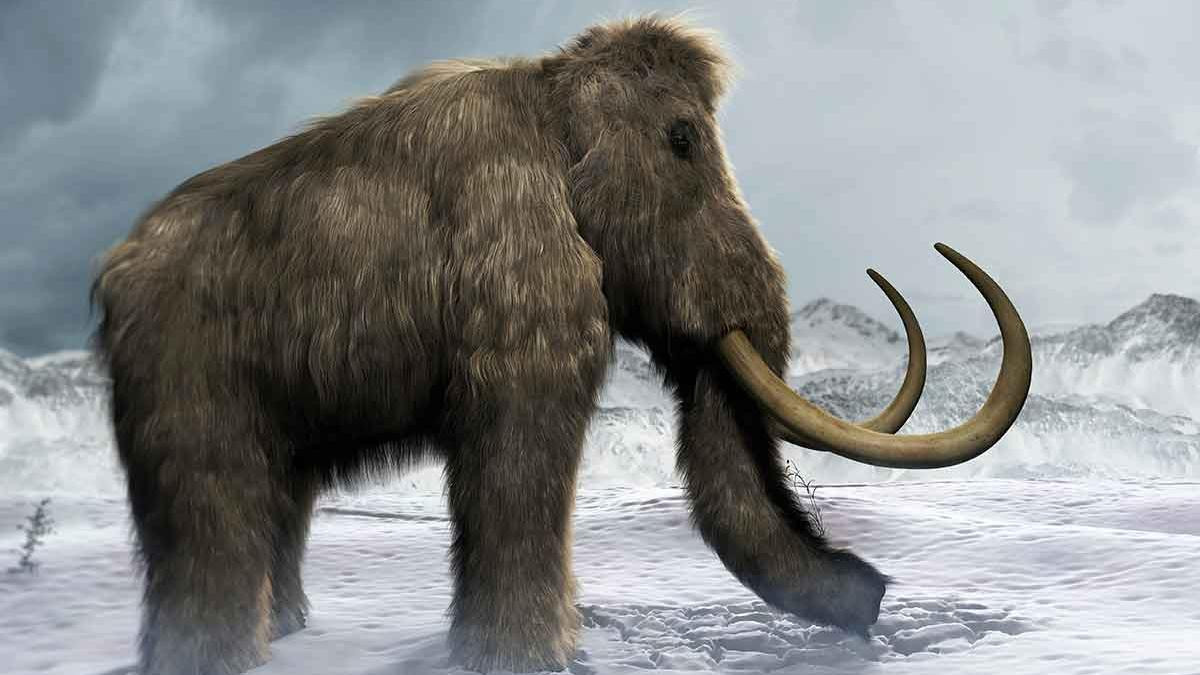Two pioneers of artificial intelligence – John Hopfield and Geoffrey Hinton – won the Nobel Prize in Physics on Tuesday for helping create the building blocks of machine learning that is revolutionizing the way we work and live but also creates new threats to humanity, one of the winners said.
Hinton, who is known as the Godfather of artificial intelligence, is a citizen of Canada and Britain who works at the University of Toronto and Hopfield is an American working at Princeton.
“This year’s two Nobel Laureates in physics have used tools from physics to develop methods that are the foundation of today’s powerful machine learning,” the Nobel committee said in a press release.
Ellen Moons, a member of the Nobel committee at the Royal Swedish Academy of Sciences, said the two laureates “used fundamental concepts from statistical physics to design artificial neural networks that function as associative memories and find patterns in large data sets.”
She said that such networks have been used to advance research in physics and “have also become part of our daily lives, for instance in facial recognition and language translation.”
Hinton predicted that AI will end up having a “huge influence” on civilization, bringing improvements in productivity and health care.
“It would be comparable with the Industrial Revolution,” he said in the open call with reporters and the officials from the Royal Swedish Academy of Sciences.
“Instead of exceeding people in physical strength, it’s going to exceed people in intellectual ability. We have no experience of what it’s like to have things smarter than us. And it’s going to be wonderful in many respects,” Hinton said. “But we also have to worry about a number of possible bad consequences, particularly the threat of these things getting out of control.”
The Nobel committee that honored the science behind machine learning and AI also mentioned fears about its possible flipside. Moon said that while it has “enormous benefits, its rapid development has also raised concerns about our future. Collectively, humans carry the responsibility for using this new technology in a safe and ethical way for the greatest benefit of humankind.”
Hinton shares those concerns. He quit a role at Google so he could more freely speak about the dangers of the technology he helped create.
On Tuesday, he said he was shocked at the honor.
“I’m flabbergasted. I had, no idea this would happen,” he said when reached by the Nobel committee on the phone.
Hinton, now 76, in the 1980s helped develop a technique known as backpropagation that has been instrumental in training machines how to “learn.”
His team at the University of Toronto later wowed peers by using a neural network to win the prestigious ImageNet computer vision competition in 2012. That win spawned a flurry of copycats, giving birth to the rise of modern AI.
Hinton and fellow AI scientists Yoshua Bengio and Yann LeCun won computer science’s top prize, the Turing Award, in 2019.
Hopfield, 91, created an associative memory that can store and reconstruct images and other types of patterns in data, the Nobel committee said. Hinton used Hopfield’s network as the foundation for a new network that uses a different method, known as the Boltzmann machine, that the committee said can learn to recognise characteristic elements in a given type of data.
Six days of Nobel announcements opened Monday with Americans Victor Ambros and Gary Ruvkun winning the medicine prize for their discovery of tiny bits of genetic material that serve as on and off switches inside cells that help control what the cells do and when they do it. If scientists can better understand how they work and how to manipulate them, it could one day lead to powerful treatments for diseases like cancer.
The physics prize carries a cash award of 11 million Swedish kronor ($1 million) from a bequest left by the award’s creator, Swedish inventor Alfred Nobel. The laureates are invited to receive their awards at ceremonies on Dec. 10, the anniversary of Nobel’s death.
Nobel announcements continue with the chemistry physics prize on Wednesday and literature on Thursday. The Nobel Peace Prize will be announced Friday and the economics award on Oct. 14.
AI's Impact on Society: A Double-Edged Sword
Hinton's concerns about the potential dangers of AI are shared by many experts. As AI becomes increasingly powerful, it is crucial to address ethical considerations and ensure its development and use benefit humanity.
H3. Concerns About AI's Potential for Harm
One of the most pressing concerns is the potential for AI to be used for malicious purposes, such as developing autonomous weapons systems. Another concern is the potential for AI to exacerbate existing societal inequalities by automating jobs and further concentrating wealth in the hands of a few.
H3. The Importance of Responsible AI Development
To mitigate these risks, it is essential to prioritize responsible AI development. This includes developing ethical guidelines for AI research and deployment, promoting transparency and accountability in AI systems, and investing in research on AI safety and security.
The Future of AI: A Balancing Act
The future of AI is likely to be characterized by a balancing act between its potential benefits and risks. As AI continues to advance, it is essential to engage in open dialogue and collaboration to ensure that it is developed and used in a way that benefits all of humanity.
H2. A Legacy of Innovation
The Nobel Prize in Physics is a testament to the groundbreaking work of John Hopfield and Geoffrey Hinton. Their contributions have laid the foundation for a new era of technological advancement. However, it is crucial to remember that these advances come with responsibilities. We must ensure that AI is developed and used responsibly, with a focus on ethical considerations and human well-being.




